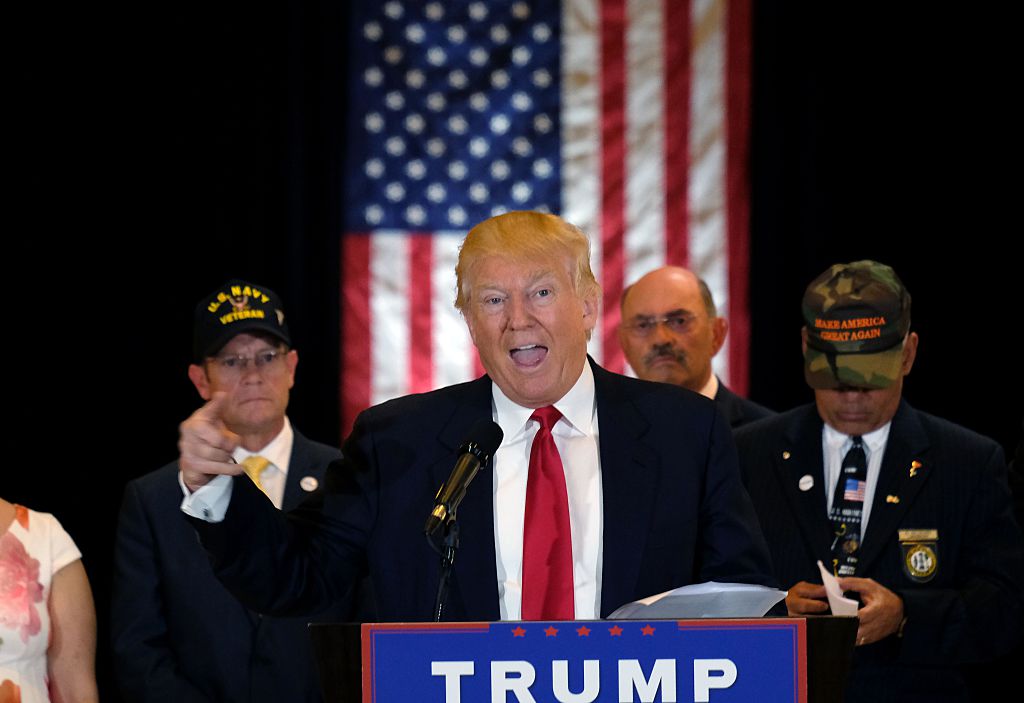Trump will soon be briefed on top secret information and officials worry he'll blab


A free daily email with the biggest news stories of the day – and the best features from TheWeek.com
You are now subscribed
Your newsletter sign-up was successful
Republican and Democratic presidential nominees receive a routine pre-election intelligence briefing once they have been officially nominated by their parties. While the briefing does not cover the most sensitive government secrets, it does involve the candidate being brought up to speed on information that is classified as Top Secret — information that eight senior security officials expressed concern Trump wouldn't be able to keep his mouth shut about.
"I would be very concerned with Mr. Trump's ability to know what he can and can't discuss," Rep. Adam Schiff, the top Democrat on the House Intelligence Committee, told Reuters.
"People are very nervous," a senior U.S. security official who asked not to be named also said. Another anonymous official said that intelligence and security officials are trying to figure out who on Trump's team is "trustworthy," pointing out that "we've never had a situation like this before. Ever."
The Week
Escape your echo chamber. Get the facts behind the news, plus analysis from multiple perspectives.

Sign up for The Week's Free Newsletters
From our morning news briefing to a weekly Good News Newsletter, get the best of The Week delivered directly to your inbox.
From our morning news briefing to a weekly Good News Newsletter, get the best of The Week delivered directly to your inbox.
The officials confirmed that both Trump and the Democratic nominee will get identical briefings to avoid favoritism or bias, but one suggested that Hillary Clinton would have an advantage in such a situation because her experience in foreign policy will lead her to ask more probing questions than newcomer Trump.
But a spokesman for the Republican National Committee said that the officials' concern is misguided. "The only candidate who has proven incapable of handling sensitive information is Hillary Clinton. If there is anyone they should be worried about, it is [her]," spokesman Michael Short told Reuters.
A free daily email with the biggest news stories of the day – and the best features from TheWeek.com
Jeva Lange was the executive editor at TheWeek.com. She formerly served as The Week's deputy editor and culture critic. She is also a contributor to Screen Slate, and her writing has appeared in The New York Daily News, The Awl, Vice, and Gothamist, among other publications. Jeva lives in New York City. Follow her on Twitter.
